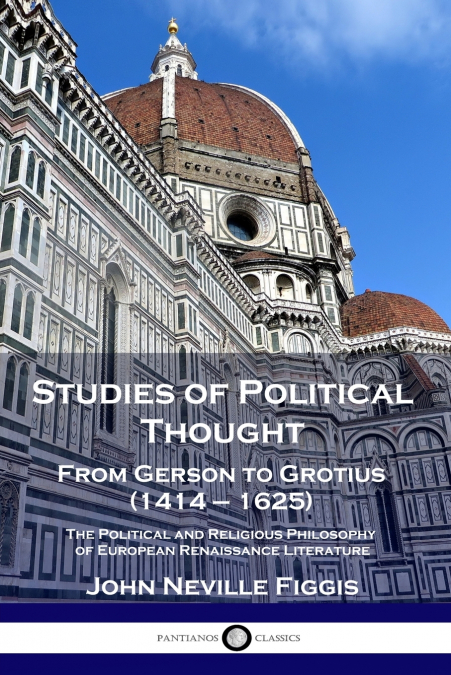
John Neville Figgis
Cambridge scholar and political philosopher John Neville Figgis examines how ideas concerning politics and religion changed during the Renaissance.Drawing on a range of pertinent texts from a period spanning over two centuries, Figgis examines how some of the finest scholars of the Renaissance era established and refined their ideas. In the earlier part of the period, politics was deeply intertwined with the Catholic Church and the authority of the Pope. Later on, the upheaval of the Reformation resulted in a dramatic surge of ideas, changing forever how the rule of a given monarch was connected with Christendom.By the 17th century, the controversial notion of the divine, God-given right of kings to rule had emerged. As Figgis recalls, the notion met with opposition and eventual revolt in the Netherlands; the deposing of the Dutch monarch sent shockwaves through Europe, and foresaw the beginnings of the Enlightenment era.The author’s analysis is thorough and well-sourced, with sources such as Martin Luther, Gerson, Grotius, Machiavelli as well as a multitude of lesser-known scholars consulted. What results is an engrossing narrative, tracing the origins of Europe’s religious, political and monarchic crises to ideas expounded by various thinkers. The gradual shifts of authority from the centralized church, to the monarch, and finally to the proto-Republican movements of nations, are shown to be rooted in scholarly ideas.